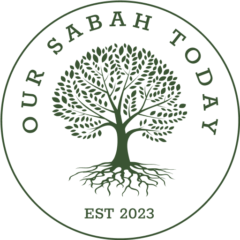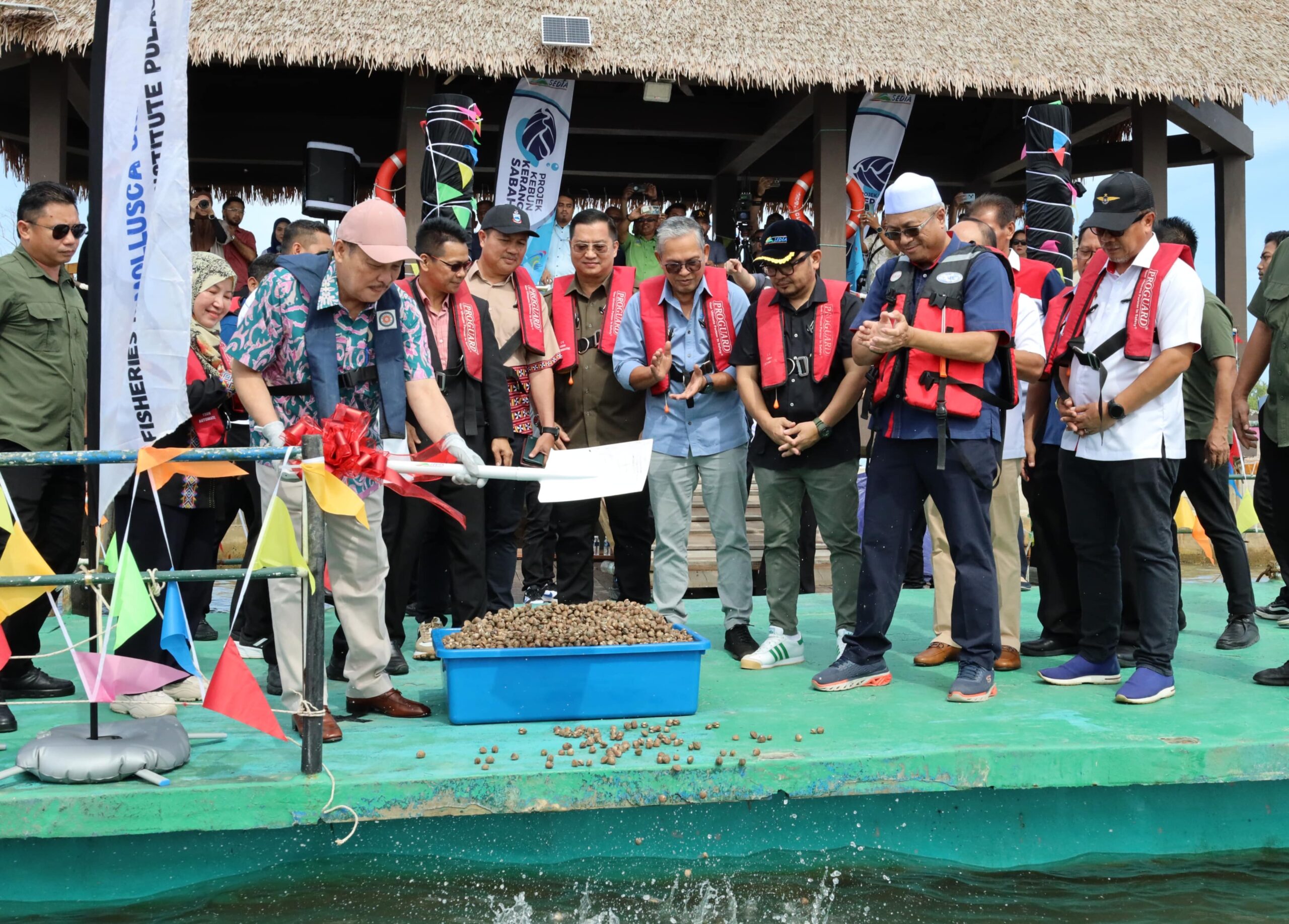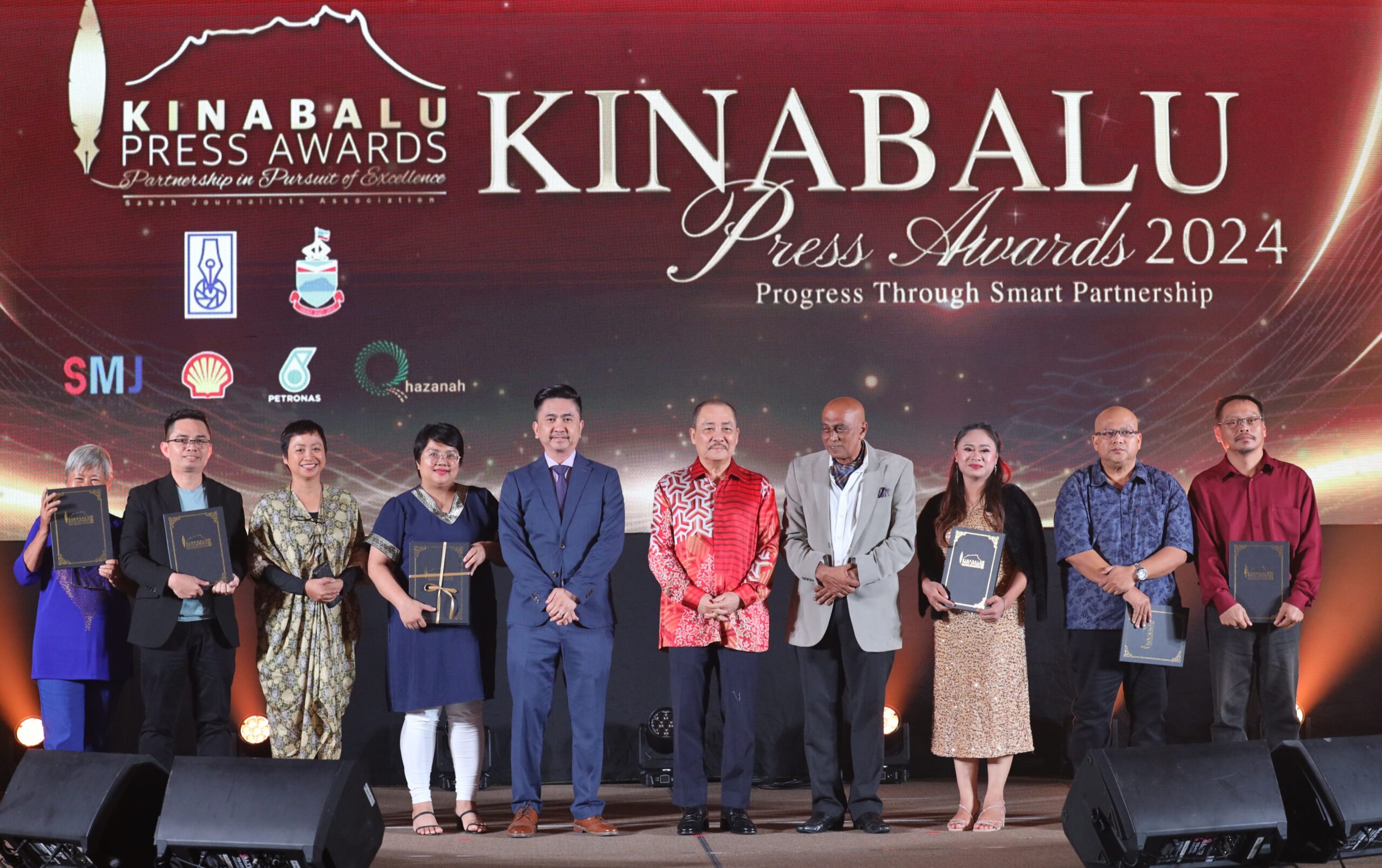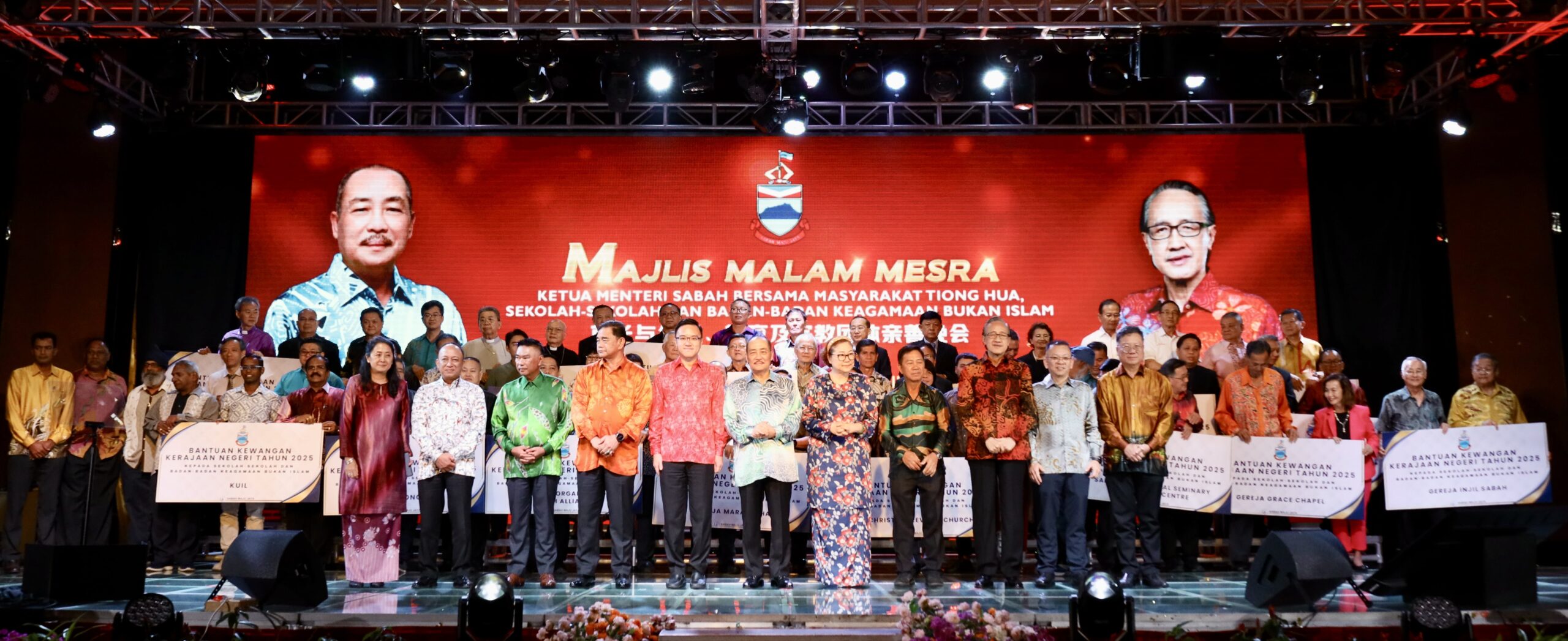Cockle industry Can Generate RM34.4 million
The State Government has launched the Sabah Cockle Resource and Industry Development Project that can generate up to RM34 million, based on an estimated landing of 3,240 metric tonnes per year and a return on investment of 7.6 times. The cockle project is a collaboration between the Sabah Economic Development and Investment Authority (SEDIA); the Malaysia Fisheries Department; and the Sabah Fisheries Department.
The project is one of the government’s Blue Economy initiatives to balance prosperity with sustainability. By 2030, the global value of the Blue Economy is projected to reach USD3 trillion. The State Government is committed to explore marine and maritime resources to strengthen the state’s position in the international Blue Economy landscape.
“The project will bring significant change to the community involved, and it will also boost the state’s economy. Sabah will be developed as the ASEAN Blue Seafood Hub, on par with major producing states including Perak, Penang, and Selangor,” Chief Minister Datuk Seri Panglima Haji Hajiji Haji Noor said at the launching of the project at the Borneo Beach and Mangrove Resort in Tauran on 5 July 2025. “For the private sector, this is the best time to invest in seafood processing, sustainable packaging, and the development of Sabah’s export supply chain.” The project would open new export opportunities for Sabah cockles through downstream activities such as canning, sambal kerang (cockle paste) and blood cockle-based food products, Hajiji added.
The project will be in two phases. The first phase, which has already been completed, involved mapping studies and exploration of blood cockle (Tegillarca granosa) resources which was conducted from October 2024 to May 2025 at six potential locations, including Tuaran and Beluran. The second phase of the project - to commence in 2026 – involves the transfer of technology and actual field implementation. The project will utilise 77 aquaculture lots (12 in Tuaran and 65 in Beluran} covering 1,617 hectares. Each lot will be managed by 10 household heads, comprising fishery entrepreneurs, rural communities, and the B40 group. Youths will be trained in modern aquaculture skills.




